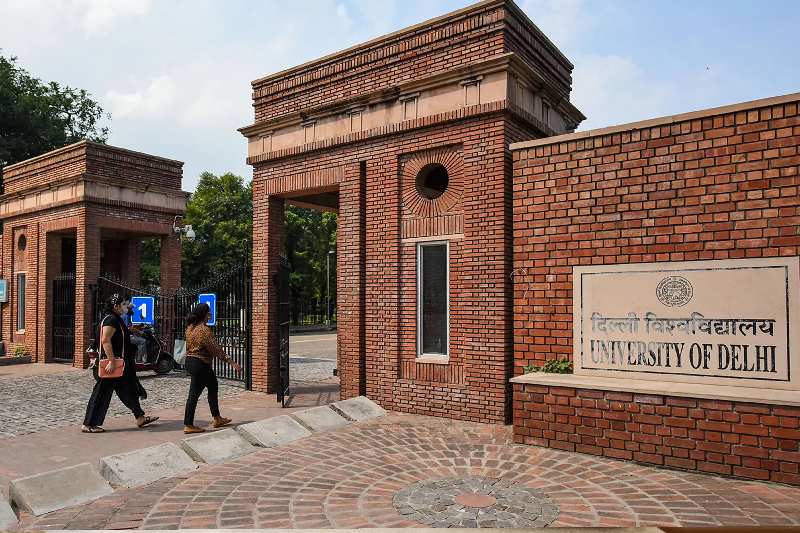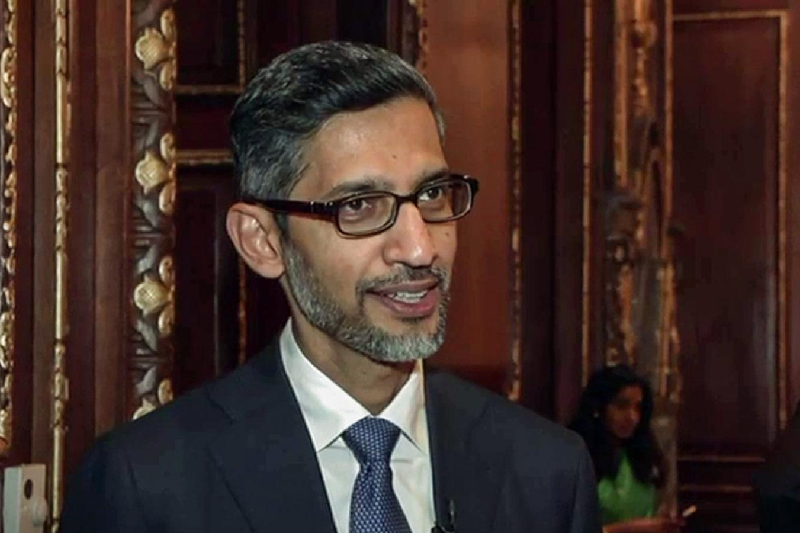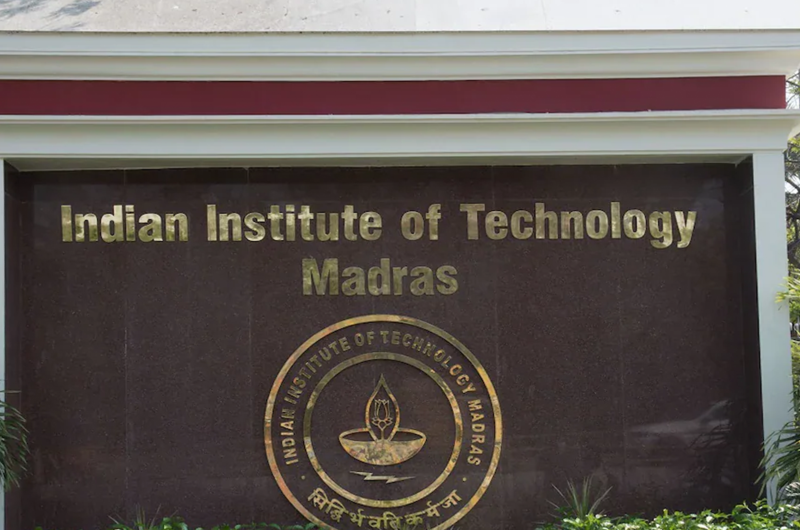
Delhi University Tightens Anti-Ragging Measures Ahead of New Academic Session
With the new academic year underway, Delhi University (DU) has implemented a robust set of anti-ragging measures to ensure the safety, dignity, and well-being of incoming students. Following a Proctorial Board meeting held on July 28, DU announced a zero-tolerance policy toward ragging, backed by strengthened surveillance, mandatory undertakings, and increased coordination with Delhi Police.
The move reflects DU's proactive stance on student discipline, particularly during the vulnerable induction period for freshers. According to university officials, these guidelines aim to create a secure, inclusive environment across its North and South Campuses.
Mandatory Anti-Ragging Undertaking by Students and Parents
As per Supreme Court directives, all newly admitted students and their parents or guardians must submit an anti-ragging undertaking at the time of admission. This declaration must be completed online via the national anti-ragging portal: www.antiragging.in.
This measure makes it legally binding for students and parents to acknowledge the consequences of ragging and commit to upholding university regulations. Non-compliance with this requirement may impact the admission process itself.
Two Control Rooms for Real-Time Student Support
To provide swift assistance to students, joint control rooms will operate from August 1 to August 8:
- North Campus: Tel: 27667221
- South Campus: Tel: 24119832
These centers will handle student grievances, respond to reports of misconduct, and coordinate with campus officials and law enforcement for immediate intervention.
Weeklong Anti-Ragging Campaign Across Campuses
In line with UGC directives, DU will observe:
- Anti-Ragging Day on August 12
- Anti-Ragging Week from August 13 to August 18
The campaign will involve awareness drives, student-led initiatives, workshops, and educational outreach to discourage ragging and promote a culture of respect. Posters in both English and Hindi have already been displayed at strategic campus locations to ensure visibility of anti-ragging messages.
Vigilance Mechanisms and Campus Security Strengthened
Several enforcement mechanisms are being activated to maintain order and prevent any form of harassment:
- Restricted entry into colleges and hostels; outsiders will not be allowed without verification.
- All institutions must form Anti-Ragging Committees and Vigilance Squads. These squads will be supported by student volunteers from NCC and NSS, creating a collaborative monitoring effort.
- Police pickets will be stationed outside every college, with special focus on women’s colleges.
- Routine patrolling will be carried out to deter misbehavior and monitor high-traffic areas.
- The Delhi Police has committed to deploying plainclothes women officers around college campuses to monitor and prevent both ragging and eve-teasing.
Paying Guest Accommodations Under the Scanner
DU has advised students living in Paying Guest (PG) accommodations to verify the registration and safety status of their residences. Local police verification of such lodgings is strongly recommended, as off-campus locations can be vulnerable spaces for student misconduct or harassment.
Technology-Driven Complaint Channels and Reporting
To ease the reporting process for victims or witnesses of ragging, online complaint mechanisms have been streamlined:
- Students can now submit ragging complaints via digital portals and cybercrime units
- Delhi Police has promised prompt attention to all complaints, including anonymous tips where applicable
This hybrid model of physical and digital monitoring aims to make DU’s anti-ragging infrastructure more accessible and student-friendly.
Strict Penalties and Mandatory Reporting for Institutions
DU reaffirmed that any act of ragging or campus indiscipline will invite serious penalties, including:
- Suspension or expulsion from the college/university
- Cancellation of admission or degree
- Withholding of examination results
- Ban from attending classes or appearing in exams
Moreover, under UGC’s 2009 Anti-Ragging Regulations, institutional heads must now submit:
- Weekly compliance reports for the first three months of the academic year
- Monthly reports thereafter
- All reports to be sent to: proctor@du.ac.in
These measures are not only preventive but also ensure institutional accountability, placing the onus on colleges to maintain discipline and transparency.
A Message of Zero Tolerance and Collective Responsibility
Through this multi-tiered strategy — combining regulation, real-time response, awareness, and community involvement — Delhi University has made it clear that ragging has no place in its educational environment.
As thousands of students step into DU for the first time, the administration has reinforced that discipline, safety, and mutual respect are core values of campus life. By requiring both students and parents to commit to anti-ragging principles, DU is fostering a shared sense of responsibility in shaping a more welcoming and harassment-free academic community.


